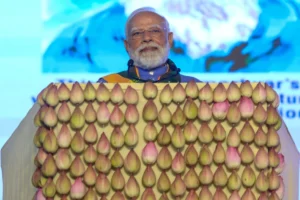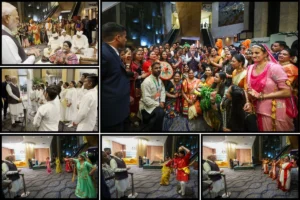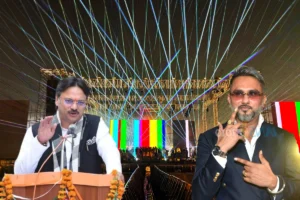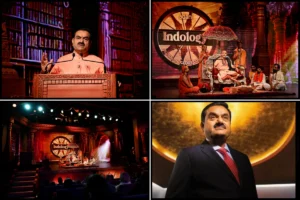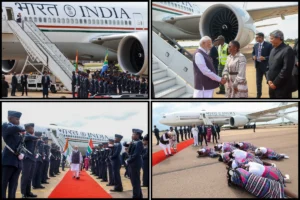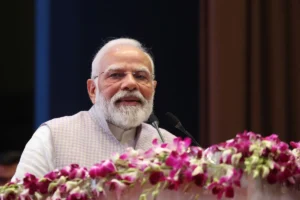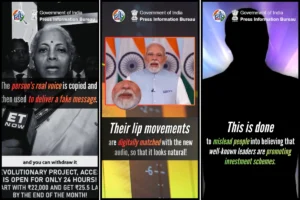
A rights organization based in Delhi has accused the interim Bangladesh government of excluding indigenous peoples from the Chittagong Hill Tracts (CHTs). The government led by adviser Muhammad Yunus is also accused religious minorities from the ongoing Constitutional reform process.
During a meeting in the national capital, the Rights and Risks Analysis Group (RRAG) released a report titled “Conflicts in Bangladesh and Myanmar: The Threat to Regional Peace and Security.” The report alleges that the newly formed nine-member Constitution Reform Commission, notified on October 6, does not include any representatives from the hill tribes or religious minorities.
RRAG Director Suhas Chakma addressed diplomats from various countries at the meeting. He stated that the Commission includes only one woman, Professor Sumaiya Khair, which he argues violates the spirit of the Jatiya Sangsad (Reserved Women Seats) Election Act of 2004.
Also Read: Brass Buddha, Patan Patola Scarf And More: PM Modi’s gifts For Laos PM, Prez And Their Spouses
Chakma criticized Yunus’s government, saying, “The worldview of Yunus is exclusionary towards vulnerable communities.” He contrasted this exclusion with the actions of former leaders such as H.M. Ershad and Sheikh Hasina, suggesting that the current administration is adopting a softer approach to Islamist policies.
The RRAG report further highlighted a surge in human rights violations under Yunus’s leadership, particularly in the CHT. It documented organized assaults by illegal settlers and the Bangladesh Army against indigenous communities from September 19 to October 1, specifically targeting businesses owned by indigenous peoples in the districts of Dighinala, Khagrachari, and Rangmati.
According to the statement, 75 indigenous individuals were reported injured, and 142 properties, including homes, shops, and Buddhist temples, were looted or destroyed during these attacks. Chakma noted that these incidents have effectively expelled indigenous peoples from local markets, isolating them from economic activities due to segregation and communal tensions.
The meeting was attended by diplomats from various countries, including Sri Lanka, Canada, and Switzerland, along with area experts such as former Indian Ambassador Gautam Mukhopadhay.
In light of these issues, the RRAG urged the international community to intervene with the Bangladesh government. They called for the inclusion of indigenous peoples in the constitutional reform process, the recognition of their rights, and the grant of constitutional status for the CHTs.
Additionally, the rights group suggested establishing an office for the High Commissioner for Human Rights in Bangladesh to investigate ongoing human rights violations in the region.
To read more such news, download Bharat Express news apps








